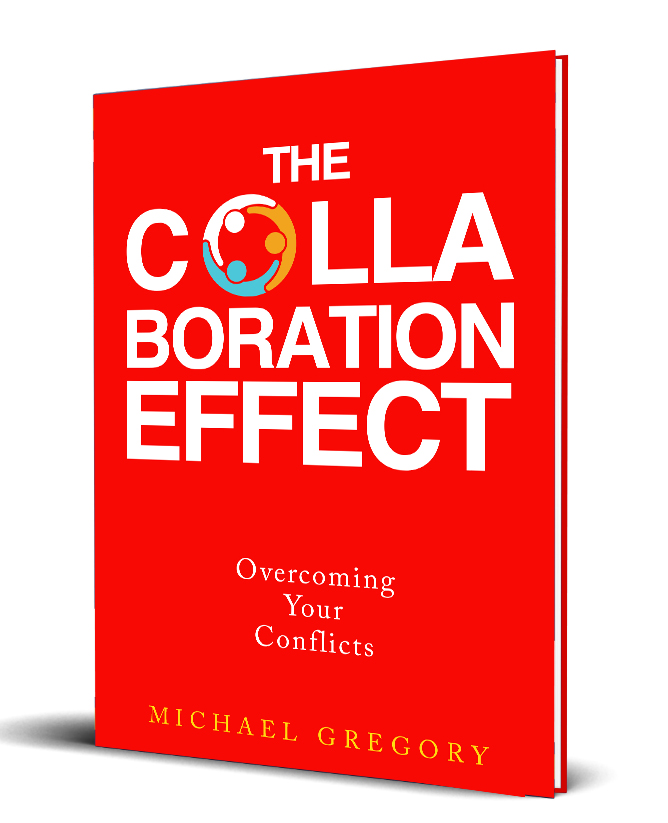
What Do You Do When Someone Loses Their Cool?
From the Harvard Law School Program on Negotiation Sunday Morning Minute May 15, 2016 Dan Shapiro, Ph.D., Associate Professor of Psychology at Harvard Medical School/McLean Hospital offers this advice:
“When your counterpart expresses strong negative emotions during a negotiation, how should you respond?
We may be tempted to try to avoid a confrontation by rewarding the other side with concessions, but that sets a dangerous precedent.
Instead, try these techniques:
Appreciate their concerns. When someone is upset, they likely want you to recognize their feelings and see the merits of their concerns. Doing so can go a long way toward promoting understanding and reducing the intensity of strong emotions.
Take time to describe what you’re witnessing and communicate that you understand. For example, “I get the sense you’re frustrated that it’s taking us a while to reach agreement. I can see why that might be, as I know you’ve put a lot of time into these talks.”
Take a short break.
Because time away from a conflict allows tense emotions to ease, you might suggest that you (and perhaps the other party) need a 15-minute break to think about how you might work together more cooperatively.
Or you might decide to regroup another day and debrief what happened when you next meet. Test your assumptions.
Rather than assuming you know why your counterpart is feeling angry or upset, push your notes aside and ask him or her directly, “Is there something I did to upset you?”
There is a good chance you will gain new information that will help you bridge the differences between you.”
This is great advice. You may want to consider attending Dr. Shapiro’s three day course. You can subscribe to the Sunday Moring Minute through the Program on Negotiation and I encourage you to do so. I wanted to expand on this slightly considering the art of de-escalation chapter from my new book Peaceful Resolutions.
Besides reacting by giving in, I am concerned you may also react negatively to strong negative emotions during a negotiation. The key is to remain calm. Stay focused on the problem. The idea of a break is a good one. By staying focused on the problem it is possible to discuss the facts, the emotion behind the issue, and the underlying interests of the other party. Often each side has a different view of the facts. Asking questions to make sure both sides are using the same jargon and understand the facts is key. When someone is upset remaining calm and recognizing the words, tone, body language and facial expressions appropriately is needed. If a break works, great. If not it may be necessary to call it a day and reschedule this for another time when tempers are not so hot. Once the brain is flooded with hormones and other chemicals these can stay in the blood stream up to 22 hours or until interrupted by a sleep cycle.
It is always a good idea to apologize. Dr. Shapiro’s idea to ask “is there something I did to upset you?” is an excellent example of a phrase to help de-escalate a tense situation. Another idea is to apologize “I am sorry (for whatever it is you might have done)”. By stating you are sorry with true sincerity, this too can help relieve the tension in the room.
De-escalating a tense situation requires, tact, listening and understanding. Being empathetic and honestly looking for ways to help can go a long way towards keeping the parties focus on the problem before them. See some ideas from other blog commentaries as well.
Apply these five negotiation techniques for better results
Negotiations when others do not play fair
Mike is a manager with over 25 years’ experience at all levels of management. Mike provides services to help clients with conflict resolution on a wide variety of issues. When not serving clients as a consultant, blogging or tweeting, Mike is an avid writer, speaker and educator. When not working Mike enjoys family, church, volunteering, and daily yoga, meditation and exercise.
About the author
Mike Gregory is a professional speaker, an author, and a mediator. You may contact Mike directly at mg@mikegreg.com and at (651) 633-5311. Mike has written 12 books (and co-authored two others) including his latest book, The Collaboration Effect: Overcoming Your Conflicts, and The Servant Manager, Business Valuations and the IRS, and Peaceful Resolutions that you may find helpful. [Michael Gregory, ASA, CVA, MBA, Qualified Mediator with the Minnesota Supreme Court]

